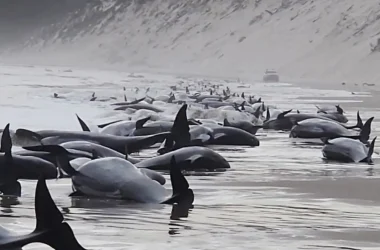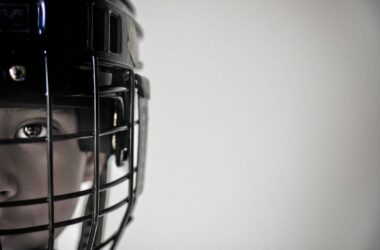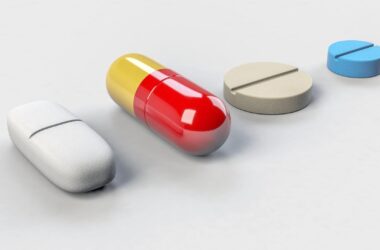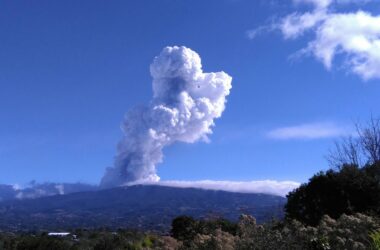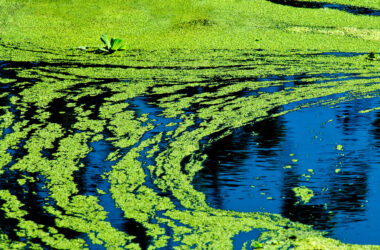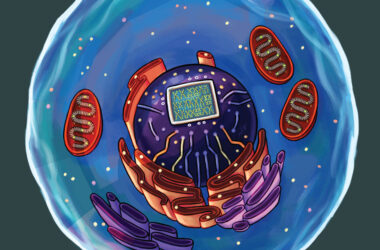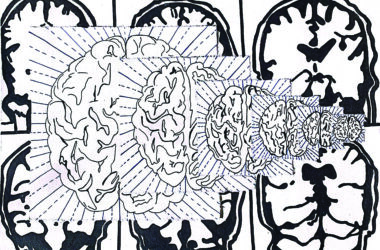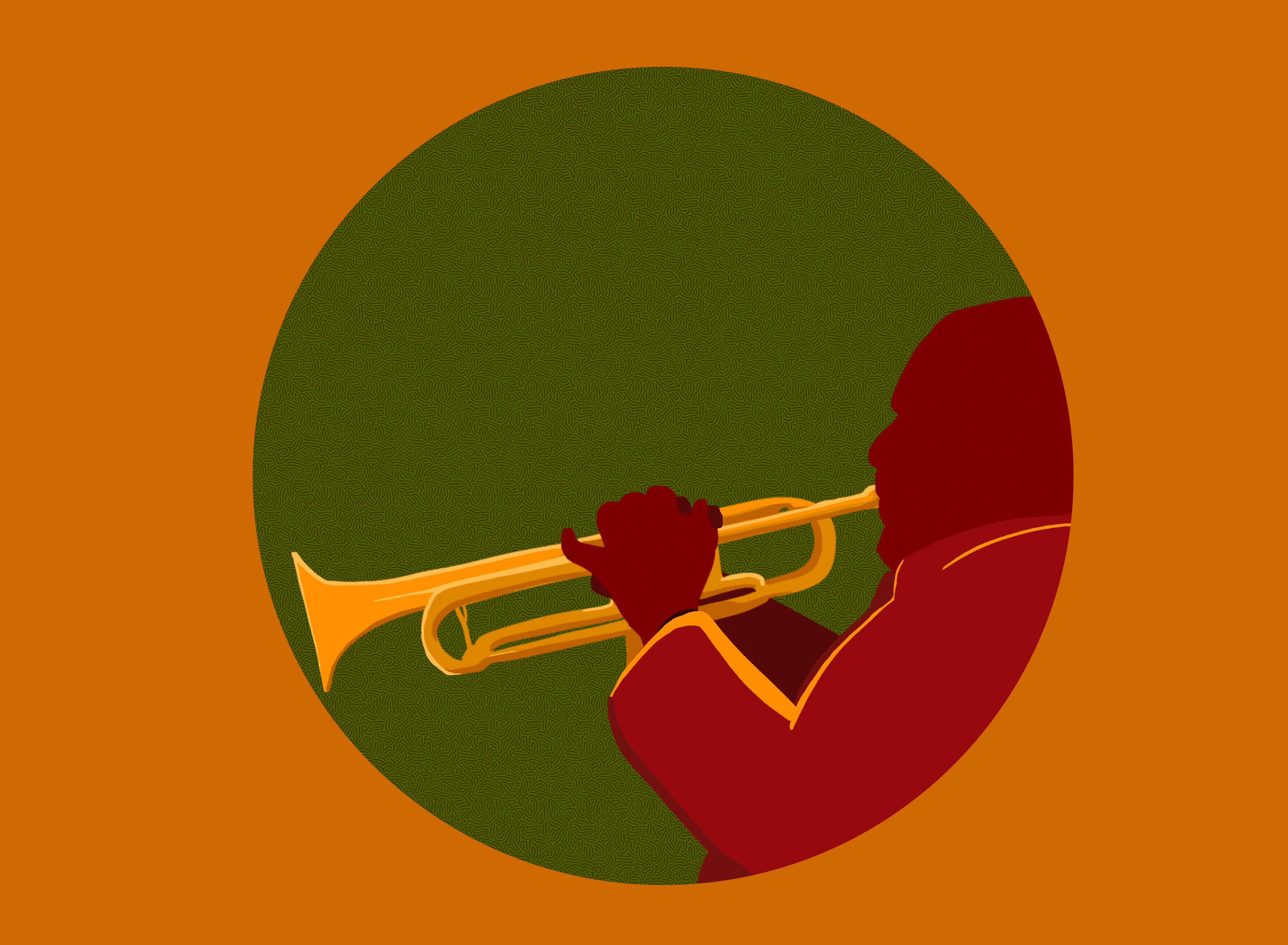In late September 2022, a pod of 230 pilot whales washed up onto the shores of Ocean Beach in Tasmania, Australia. Only half of those stranded were still alive when the response team arrived on the scene, and only 32 whales made it back into the water safely. The grim[Read More…]
Science & Technology
The latest in science and technology.
Modernizing investing: The rise of fintech in business lending
Suppose NeuroConnect, a fictitious company, requested a loan of $300,000 from October, a real financial technology (fintech) lending platform. The loan would be doled out over the course of 36 months to finance the acquisition of lab equipment like an electron microscope and an MRI scanner. October uses an automatic[Read More…]
Modelling sea level increases based on planetary warming scenarios
In the past few decades, human-driven global warming has left many questioning the future of the Earth’s oceanic dynamics and the implications of altering them. The Antarctic ice sheet (AIS), the largest body of ice on the planet, is retreating at an accelerated rate due to increased greenhouse gas emissions[Read More…]
Leading Canadian neurosurgeon recommends ban on body checking in hockey until age 18
In light of the revelation about the mishandling of Miami Dolphins quarterback Tua Tagovailoa’s concussion, conversations about the role of concussions in many sports, especially youth hockey, have been reinvigorated. Dr. Charles Tator, a prominent Canadian neurosurgeon, Order of Canada recipient, and director of the Canadian Concussion Centre (CCC) at[Read More…]
Exercise in a pill for those with rare movement disorders
Spinocerebellar ataxia type 6 (SCA6), a rare neurodegenerative disorder, is characterized by severe, progressive movement and balance issues. It is associated with low levels of a neural molecule called brain-derived neurotrophic factor (BDNF), which guides the growth and maintenance of brain cells and overall plasticity. SCA6 affects one in 100,000[Read More…]
McGill researchers use drones to collect volcanic samples
Gasses emitted from volcanoes can provide crucial insight into their activity and eruptions, but gas samples are difficult, and often dangerous, to collect by hand. McGill scientists are among the first to overcome this issue by employing drones to collect samples remotely by piloting them into the crater of a[Read More…]
Teaching an old enzyme new tricks
Blue-green algae are a common sight at summer swimming holes and lakes. Also known as cyanobacteria, blue-green algae are a class of bacteria capable of using sunlight as an energy source through photosynthesis. Despite being well-known and well-studied, a group of McGill researchers uncovered an unexpected and surprising activity in[Read More…]
Artificial cells offer hope for COVID-19 & cancer patients
Sixty-five years and four Nobel Prize nominations after Dr. Thomas Chang invented the first artificial cell in his McGill dorm room, the invention is still improving lives in countless new ways. From blood transfusions to cancer suppression and, most recently, COVID-19 treatments, Chang’s invention continues to push the boundaries of[Read More…]
McGill’s Catalyst Awards celebrate community contributions to sustainability
In September 2022, McGill’s Office of Sustainability granted three Catalyst Awards recognizing students, staff, and projects that have made exceptional strides in pushing sustainability forward at McGill. “Since its first edition in 2011, the purpose of the awards has always been to acknowledge and celebrate those who led the way[Read More…]
Honey, I shrunk the brains!
Aging is one of the few truly universal experiences, yet it is one of those things that no one really looks forward to. Along with visible signs like wrinkles and grey hair, however, comes a more insidious and harder-to-combat symptom: The decline of brain function. But according to a new[Read More…]
